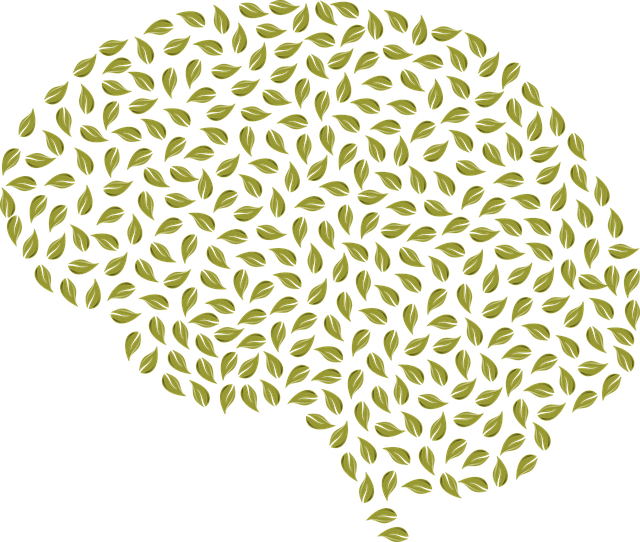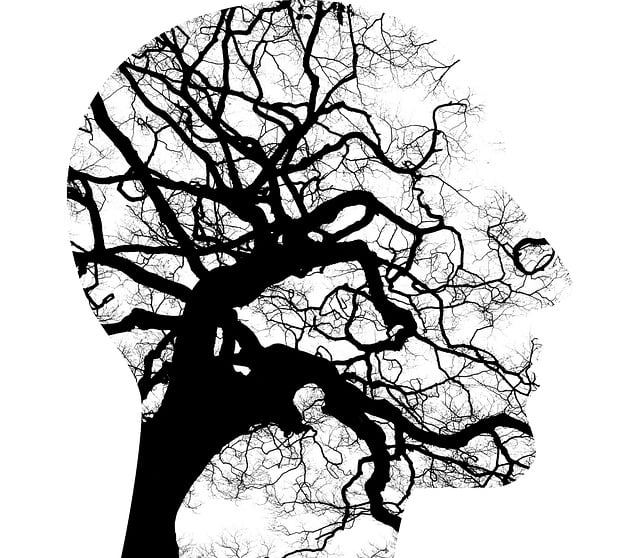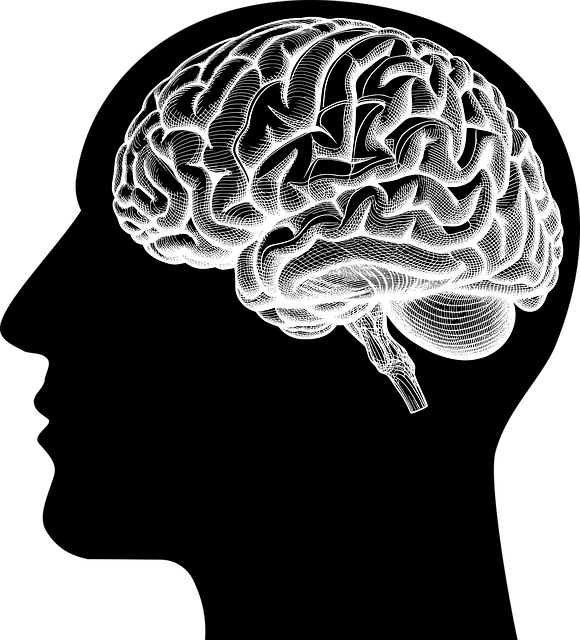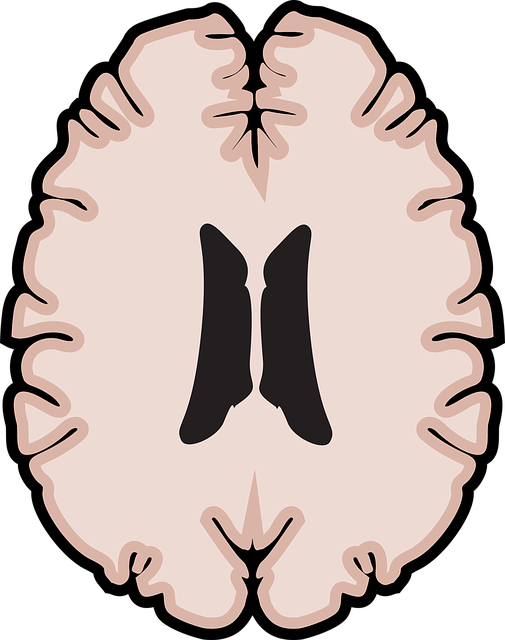Longmont OCD therapy takes a holistic approach using CBT, ERP, and mindfulness to empower individuals in managing symptoms. Assessment techniques, combining standardized questionnaires and qualitative interviews, evaluate program effectiveness. Client feedback is crucial for optimizing outreach programs and tailoring interventions to individual needs. Quantitative analysis tracks symptom severity improvements while qualitative methods reveal emotional transformations and coping strategy enhancements. This multifaceted evaluation ensures Longmont OCD therapy's success and fosters a supportive environment for effective mental wellness care.
Mental wellness program evaluations are essential for measuring the effectiveness of treatments, such as Longmont Obsessive Compulsive Disorder (OCD) therapy. This article explores comprehensive assessment techniques, from quantitative methods tracking mental health progress to qualitative approaches gauging client feedback and treatment success. By understanding these evaluation strategies, healthcare professionals can optimize care for individuals navigating OCD, ensuring evidence-based practices and improved outcomes in Longmont OCD therapy.
- Understanding Longmont Obsessive Compulsive Disorder (OCD) Therapy: A Comprehensive Overview
- Assessment Techniques for Mental Wellness Programs
- The Role of Client Feedback in Evaluating OCD Treatment Effectiveness
- Quantitative Analysis Methods for Measuring Mental Health Progress
- Qualitative Research Approaches to Evaluate Longmont OCD Therapy Success
Understanding Longmont Obsessive Compulsive Disorder (OCD) Therapy: A Comprehensive Overview

Longmont Obsessive Compulsive Disorder (OCD) Therapy involves a comprehensive approach to addressing and managing the symptoms of OCD, aiming to significantly improve mental wellness. This therapy utilizes evidence-based practices, such as cognitive behavioral therapy (CBT), exposure and response prevention (ERP), and mindfulness techniques, tailored to each individual’s unique experience with OCD. The primary goal is to help individuals understand their condition, challenge unhelpful thought patterns, and develop coping strategies for obsessions and compulsions.
Through this process, Longmont OCD Therapy not only focuses on reducing symptoms but also fosters self-esteem improvement and confidence boosting. By learning to manage OCD effectively, clients can enhance their overall mental wellness, enabling them to lead more fulfilling lives. The therapy provides a safe space for individuals to confront their fears, gain insights into their disorder, and develop resilience in navigating the complexities of OCD.
Assessment Techniques for Mental Wellness Programs

Assessment techniques play a pivotal role in evaluating the effectiveness of mental wellness programs, such as Longmont Obsessive Compulsive Disorder (OCD) Therapy. One crucial method is the use of standardized questionnaires and surveys designed to gauge participants’ symptoms, severity, and overall well-being before and after the program. These tools provide quantitative data, allowing for comparisons and identifying areas of improvement or decline.
Additionally, qualitative assessments like interviews and focus groups offer deeper insights into individuals’ experiences. This approach enables a more nuanced understanding of their journey, including challenges faced, coping strategies learned, and the impact on their daily lives. Integrating both quantitative and qualitative methods in evaluating mental wellness programs, such as Community Outreach Programs Implementation with Self-Awareness Exercises, ensures a comprehensive evaluation that captures both broad trends and individual stories, ultimately leading to more effective support and care.
The Role of Client Feedback in Evaluating OCD Treatment Effectiveness

Client feedback is a crucial component in evaluating the effectiveness of Longmont Obsessive Compulsive Disorder (OCD) therapy programs. It offers valuable insights into the patient’s perception of their treatment journey, which can significantly impact overall outcomes. By actively seeking and incorporating client feedback, mental health professionals gain a deeper understanding of what works best for each individual, allowing them to tailor interventions accordingly. This iterative process ensures that treatments remain relevant and effective in addressing the specific challenges faced by OCD sufferers.
In Longmont, community outreach program implementation often includes strategies aimed at raising awareness about OCD and reducing stigma. Social skills training and depression prevention programs within these initiatives can be enhanced by considering client feedback. For instance, positive responses to certain therapeutic techniques or activities can guide future sessions, while areas of difficulty identified by clients can prompt adjustments in the program’s design. This continuous evaluation through client feedback contributes to the overall success of OCD treatment programs and fosters a more inclusive and supportive environment for those seeking help.
Quantitative Analysis Methods for Measuring Mental Health Progress

Quantitative analysis plays a pivotal role in evaluating mental wellness programs, offering structured and data-driven insights into participants’ progress. Techniques such as surveys and standardized assessments are powerful tools for measuring improvements in symptoms related to conditions like Longmont Obsessive Compulsive Disorder (OCD) Therapy. These methods involve administering pre and post-treatment questionnaires that gauge the severity of OCD symptoms, anxiety, or depression, allowing researchers to quantify changes over time.
By comparing quantitative data from these assessments, professionals can identify effective interventions within the program. For instance, analyzing responses on scales measuring emotional healing processes, coping skills development, and self-care routine adoption can reveal which aspects of the treatment contribute most significantly to participants’ improved mental health outcomes. This data-backed approach enables refining and tailoring programs for better results.
Qualitative Research Approaches to Evaluate Longmont OCD Therapy Success

Evaluating the success of Longmont Obsessive Compulsive Disorder (OCD) therapy requires a nuanced approach that goes beyond quantitative measures. Qualitative research methodologies offer a deeper understanding of individuals’ experiences and perceptions, which are critical in gauging the effectiveness of such treatments. Methods like semi-structured interviews, focus groups, and narrative analysis can provide rich insights into participants’ emotional journeys during and after therapy.
Through these approaches, researchers can explore themes related to emotional regulation, a key aspect often targeted in OCD therapy. Participants may share their personal stories, highlighting improvements in coping strategies, reduced distress, and changes in their relationship with obsessions and compulsions. This qualitative lens also allows for the examination of barriers and facilitators to treatment, offering valuable insights for Mental Health Policy Analysis and Advocacy. Additionally, Compassion Cultivation Practices, a component often integrated into OCD therapy, can be assessed through these methods, as participants may express shifts in their levels of self-compassion and compassion towards others.
Evaluating mental wellness programs, particularly those focused on Longmont Obsessive Compulsive Disorder (OCD) therapy, involves a multi-faceted approach. By combining quantitative analysis methods to measure progress and qualitative research approaches that capture client feedback, we can gain deeper insights into the effectiveness of treatment. This comprehensive evaluation ensures that mental health professionals in Longmont can continually refine their practices, ultimately enhancing the success rates of OCD therapy.














